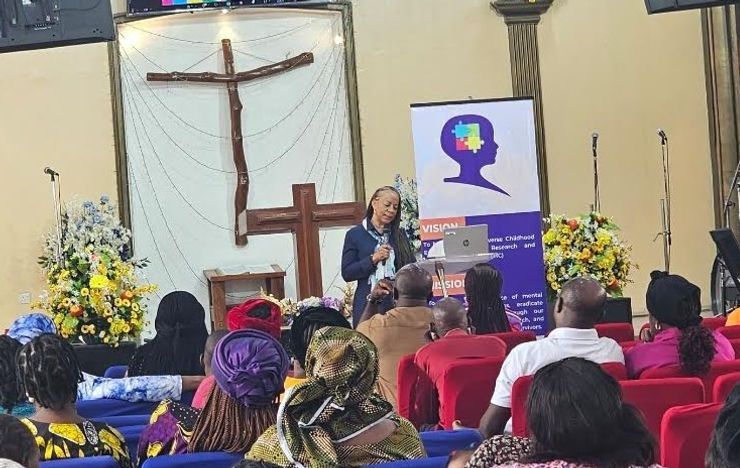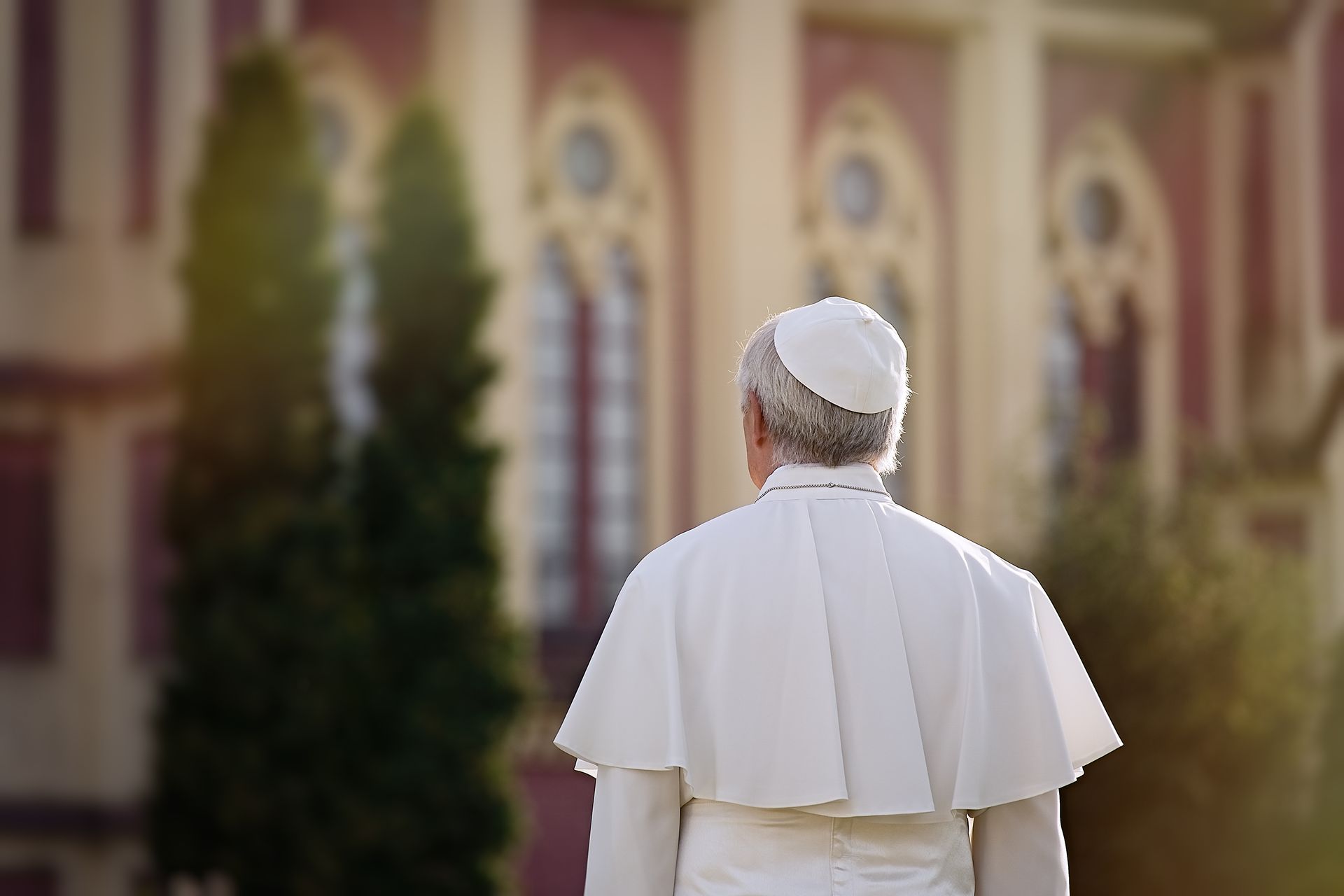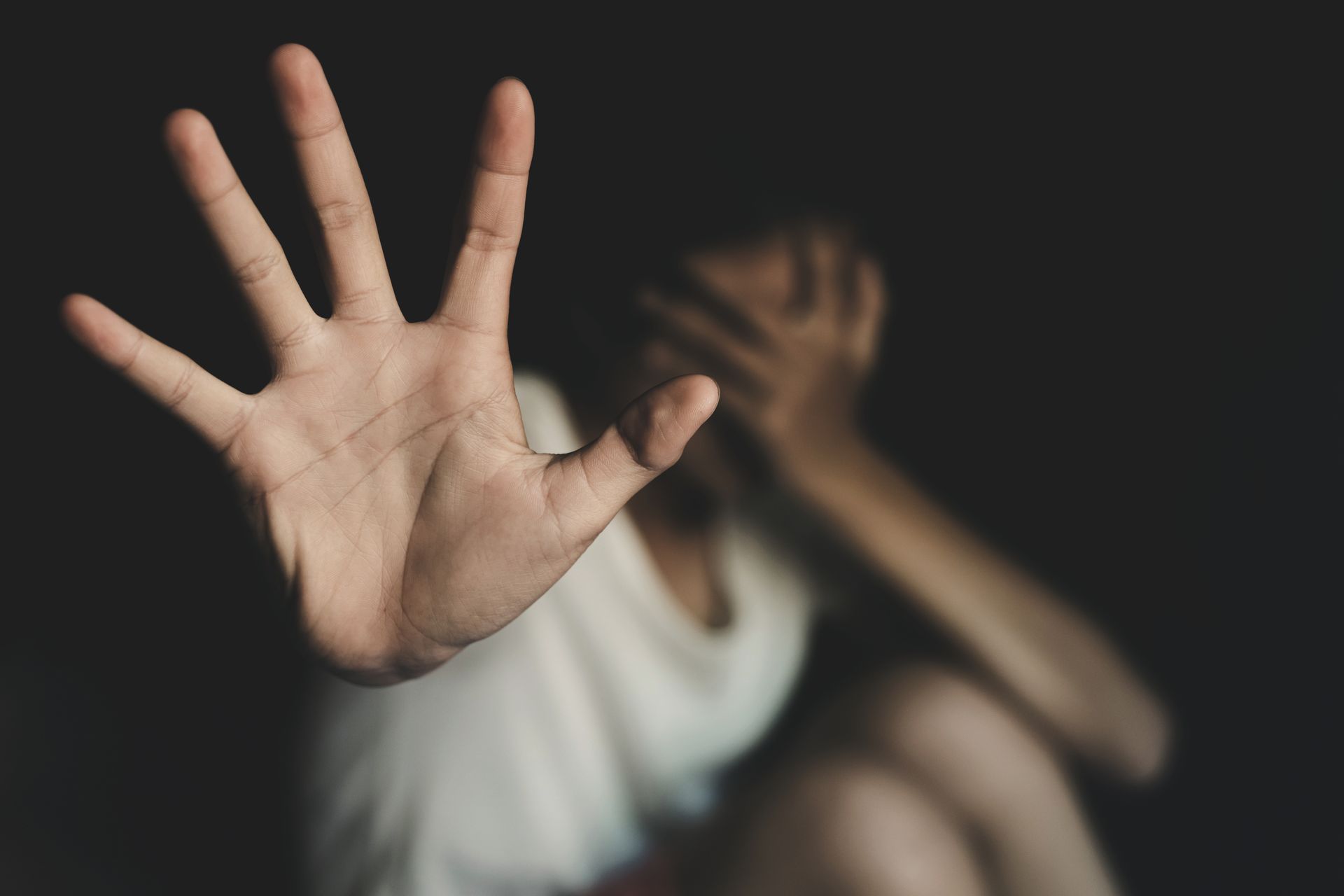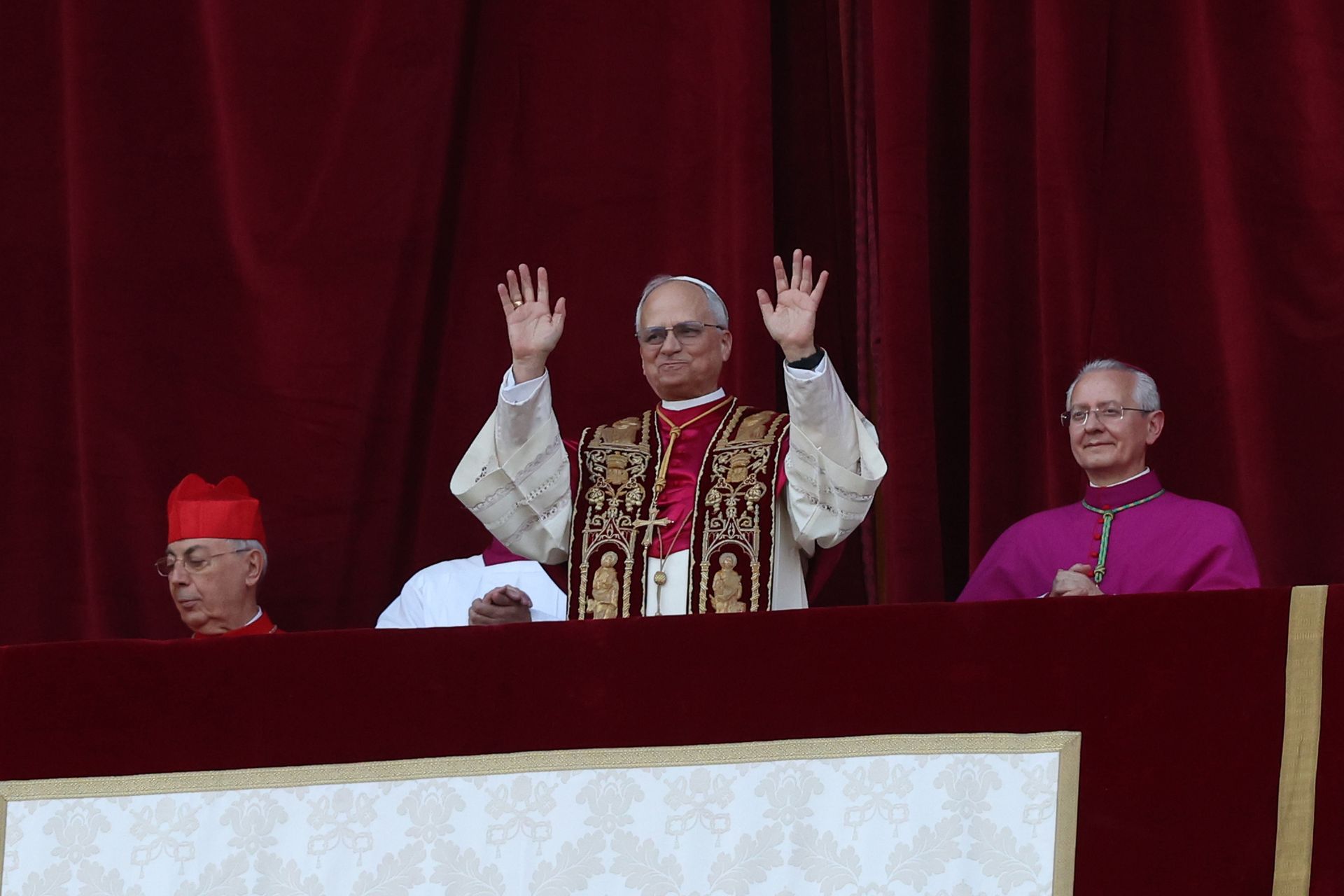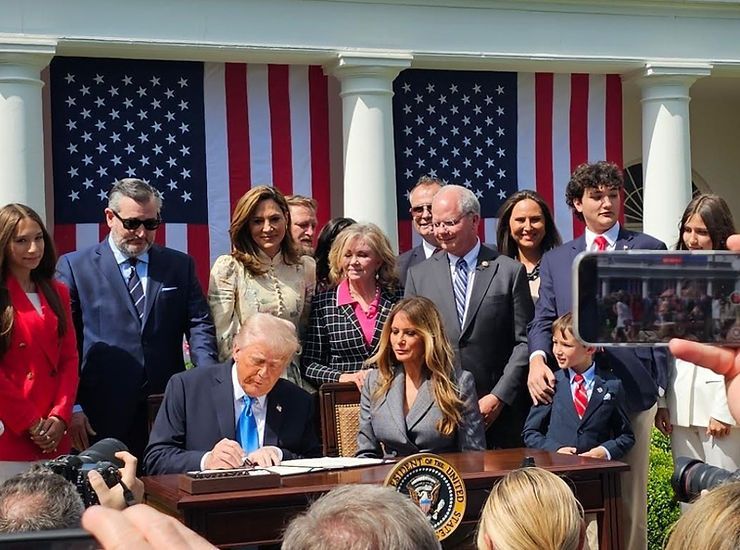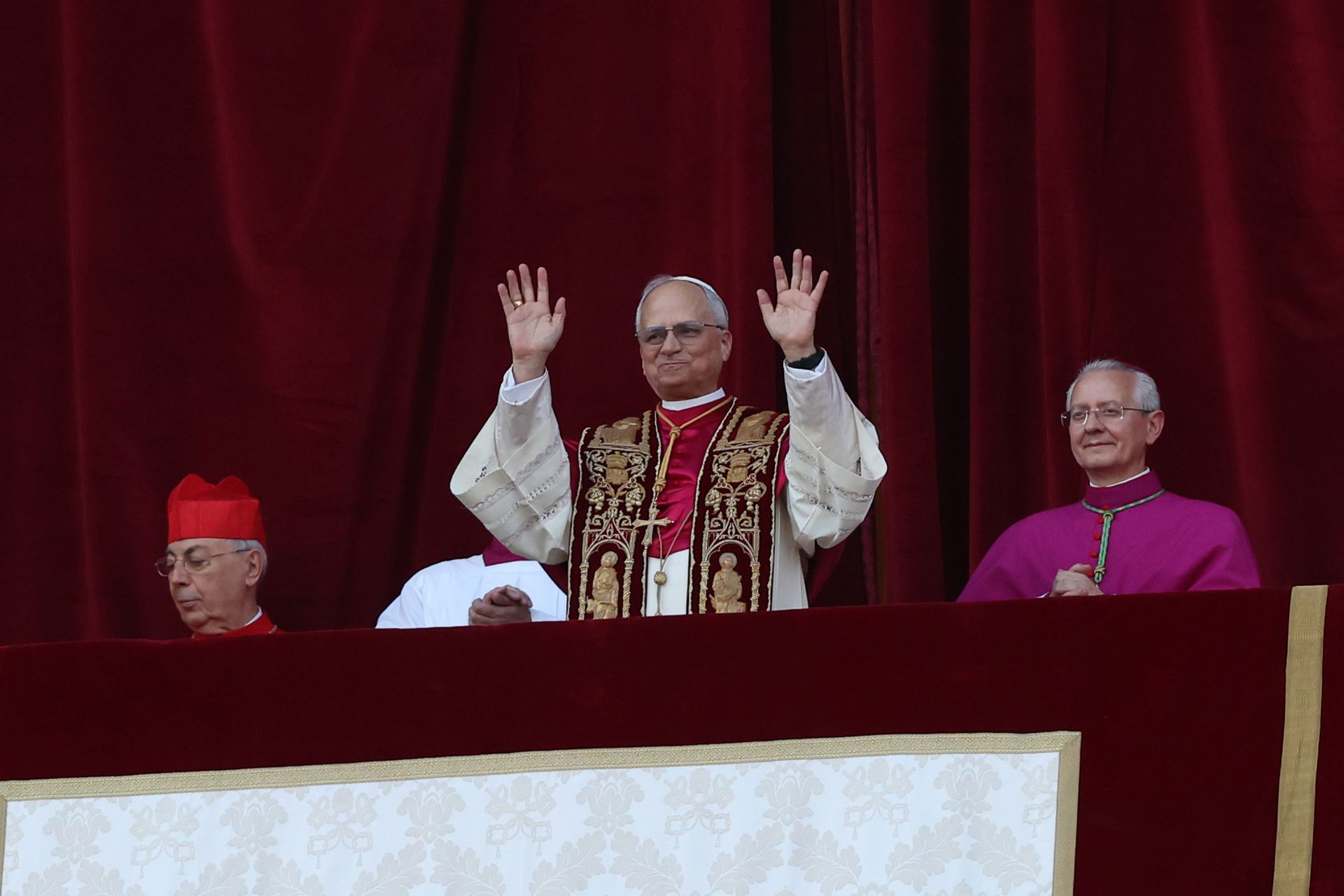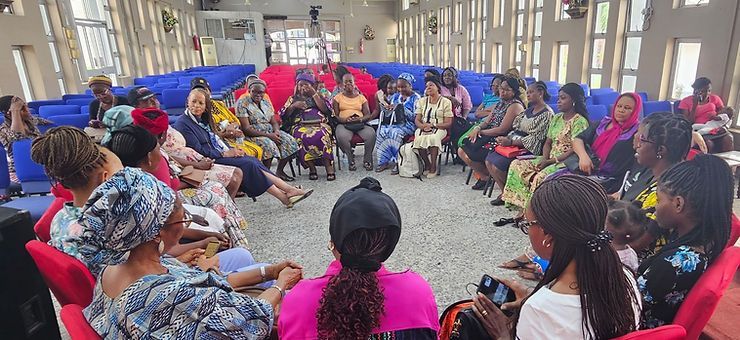The first 100 days of Pope Leo XIV — A threshold of transformation or more of the same?
When Pope Francis assumed the papacy in 2013, he was hailed as a reformer. He opened conversations about mercy, environmental justice, and poverty. Yet for survivors of clergy sexual abuse, which includes me - his papacy was marked by contradiction — moments of hope undercut by institutional protectionism and silence.
It meant his successor took office with much to do on this most crucial of issues for the Roman Catholic Church.
So, Pope Leo XIV crosses the symbolic threshold of his first 100 days, the question is not whether reform is possible—but whether there are already signs it is being pursued with conviction, urgency, and survivor-led leadership.
Pope Leo papacy has begun with deep listening and a stronger tone of moral urgency. His decision to meet personally with the Peruvian journalists who exposed the abuses within the Sodalitium Christianae Vitae sent a clear message: the Church must honor the role of truth-telling, even when it is uncomfortable. For too long, journalists who shed light on clerical abuse were treated as adversaries rather than allies. Pope Leo’s public praise of their courage suggests a shift — from institutional defensiveness to a more transparent posture rooted in accountability.
Some hoped that the appointment of a new president of the Pontifical Commission for the Protection of Minors would be filled by a survivor or a lay expert independent of the clerical structure. The appointment of a French bishop, Thibault Verny, with experience in safeguarding and pastoral care nonetheless signals that Pope Leo is seeking to stabilize and professionalize the Commission after years of uncertainty and internal tension. Its effectiveness will ultimately depend on whether it is granted real independence, survivor engagement, and teeth to enforce reforms globally.
On the topic of clerical life, Pope Leo has reaffirmed the Church’s commitment to priestly celibacy, calling on priests and bishops to “recommit with integrity and inner freedom” to their vows. But such declarations, while aimed at spiritual renewal, risk missing the mark if they’re not paired with systemic reform. Sexual abuse is not caused by celibacy, but by power, secrecy, and impunity. Without confronting those structures directly, moral exhortations may ring hollow.
In a message to Catholics in Chicago, directed especially at young people, the Pope has urged them to become “beacons of hope” as they are “the promise of hope for so many of us.” He has emphasized the Church’s moral duty to protect children everywhere and framed peace and dialogue as not just diplomatic goals, but as spiritual and ethical imperatives. In a world torn by war, inequality, suffering and mistrust, his words resonate, but will it be enough?
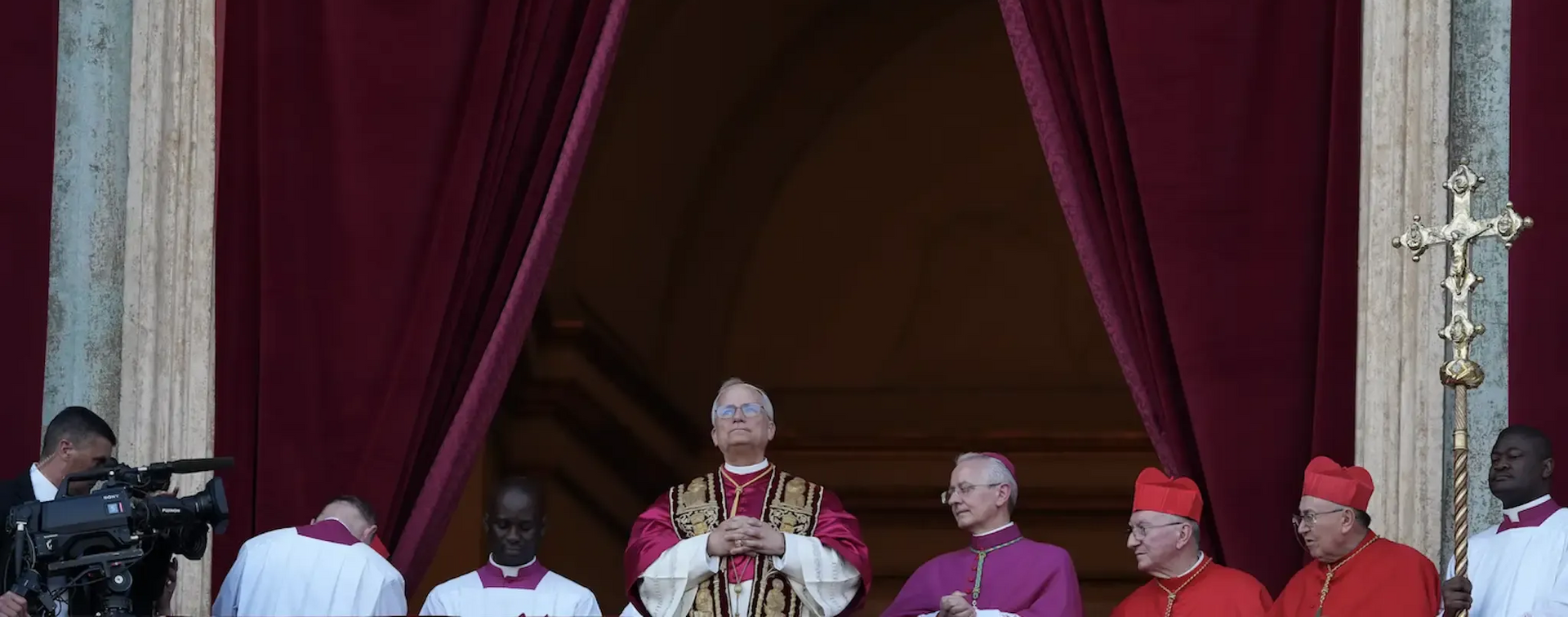
It’s too early to say whether Pope Leo XIV will deliver the structural reforms, survivor-led justice, and global transparency that so many have long demanded. But this moment does feel different.
What sets Pope Leo apart, at least so far, is his insistence that the Church’s response must not be a strategy—it must be a conversion. His words and gestures hint at a new direction and signal a deeper awareness of the urgency survivors, youth and the faithful have long voiced. But it will take more than public statements and symbolic appointments to make a difference. It will take bold action.
The Pope must meet survivors publicly across regions and establish global, independent truth and safeguarding commissions in Africa, Asia, and Latin America, led by survivors.
He must immediately remove bishops who covered up abuse.
Bishops' conferences must be empowered with mandatory safeguarding audits and reporting standards.
There must be strict enforcement of safeguarding protocols at every level of the Church.
Canon law must be updated to codify zero tolerance and mandate reporting to civil authorities and full transparency in Vatican records.
The culture of clericalism that has shielded predators for decades must be dismantled and lay survivor leadership elevated in Church reform.
Most of all, it will take courage — the moral courage to confront not only the centuries of tradition in the Catholic hierarchy that have caused harm, but the systems that have failed children, survivors and Catholics for generations.
"Pope Leo XIV’s first 100 days hold promise for a turning point in Church leadership. If he acts decisively, he has the potential to be the first Pope to put healing, justice, and prevention at the true center of the Church’s global mission. The Church stands at a threshold: move forward with integrity, or fall further into irrelevance and mistrust."
The world is watching the next 100 days and the years ahead, not only for words, but for transformation.
